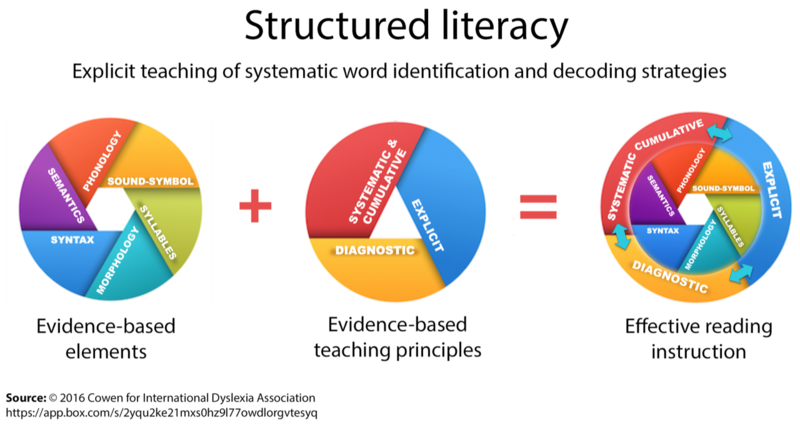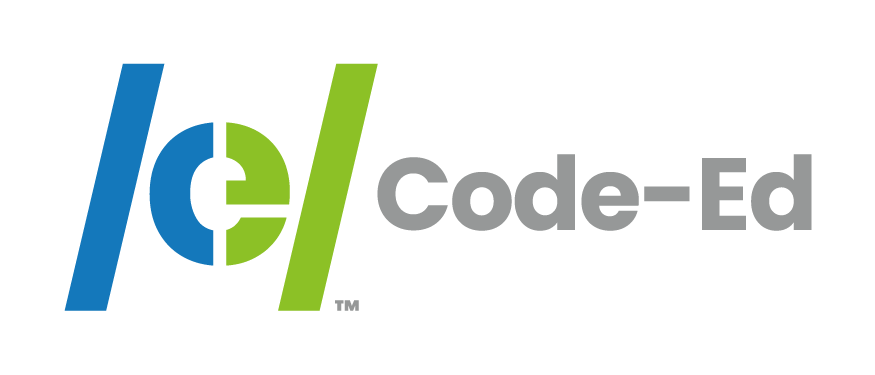Despite the fact that it has been around for decades, the research on how students learn to read — often referred to as the science of reading — is only now being used to inform reading instruction in a global way.
Structured literacy approaches are based on the large body of research evidence over the past three to four decades that has shown how important learning to decode is. The Simple View of Reading (Gough and Tunmer) was proposed in 1986, nearly 40 years ago. This suggested that learning to read is a combination of decoding skills and language comprehension and that both areas need explicit instruction.

I first met this body of research when I completed my Master of Education degree in the late 1990s. It is this research that has been the basis of all the resources, research projects and PLD I have undertaken or developed since 2000.
A structured literacy approach systematically teaches word identification/decoding strategies as an essential component of learning to read. It is based on contemporary reading research and ensures students are taught the skills and knowledge they need to decode words as their first approach to reading words. Alongside this there should also be explicit instruction that supports language comprehension skills.

Structured literacy programmes were developed to support students with dyslexia, providing scaffolded and systematic instruction in how to decode print. Structured literacy programmes provide very specific instruction, which all students in a group or classroom follow in exactly the same way.
For students with dyslexia and students with gaps in their literacy knowledge and skills, this step-by-step prescriptive approach works well. However, not all students need such a prescriptive approach. All students need to be taught the skills and knowledge for decoding text as their first line of attack to reading words — that is, using a structured literacy approach — but not all students need to follow the same prescriptive programme. In fact, one-size-fits-all instruction can hold some students back.
If all students are expected to fit into a structured literacy programme, we are likely to create other unintended problems. Students need differentiated instruction — they are not all the same. We can use a common, research-aligned approach to instruction for all students, but that is not the same as providing all students with exactly the same instruction.
There are movements worldwide that require teachers to use a structured literacy approach aligned with the science of reading. The goal of these requirements is to ensure that the key skills and knowledge for literacy are taught in a structured and systematic way, rather than to mandate strict programmes that provide the same instruction for all, which does little to account for the diversity of learners in any classroom.
Instruction that teaches all students to decode words accurately and fluently should be mandated because there is just too much research evidence that shows this is critical for developing successful readers. If we can do this using a structured literacy approach, we are likely to improve reading outcomes for all students.
We need to support teachers in understanding how students learn to decode and how to teach decoding for any word, in any text. The more teachers know about this process, the more they can differentiate instruction to meet students’ needs.
The other component for any literacy strategy to be successful is to use valid and reliable assessments to find out what students already know and can do, so that instruction can be differentiated and progress tracked. The right kind of assessment is the key to responsive, needs-based instruction.
The Code-Ed resources I have developed use a structured literacy approach to teach all the skills and knowledge students need for learning to read, write, and spell. They also allow teachers to use valid and reliable assessments to meet students’ individual needs. The approach is research-aligned and evidence-based, with ample evidence of its efficacy.

About the author
Joy Allcock is an author, educator, and researcher with a career in education spanning nearly three decades. She has led a number of research projects aimed at improving literacy outcomes for all students, out of which have grown a variety of instructional resources for using the code of English to support reading, writing, and spelling. Allcock’s well-known research, resources, and professional development workshops have led to multiple invitations to speak at international conferences and to collaborate on projects and publications for the New Zealand Ministry of Education. Allcock’s research-driven approach to mastering the intricacies of written English has left an indelible mark on students and educators globally, and her unwavering dedication to advancing literacy has elevated educational experiences worldwide.

About Code-Ed Ltd.
Code-Ed Ltd. is a New Zealand-based company that specializes in developing educational resources that demystify the way written English works to make it accessible for all teachers and students by explicitly teaching the alphabetic code, the meaning system, and the most reliable spelling rules and conventions of English. Using a linguistic approach developed by author, educator, and researcher Joy Allcock, the Code-Ed resources build a bridge between research and practice, ensuring that teachers have access to evidence-based methods that really work.





